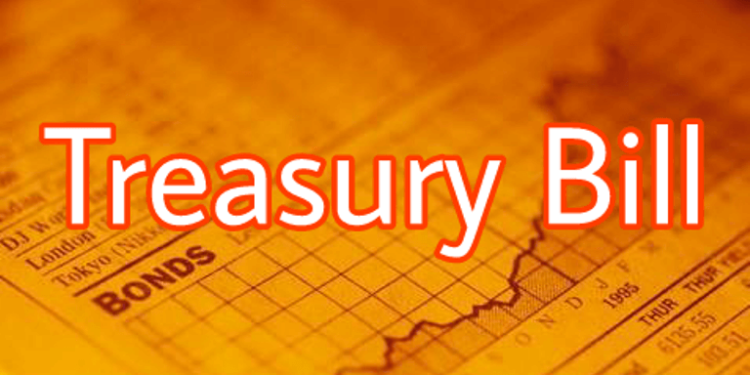Investor Appetite Cools as Government Misses T-Bills Target by GHS 2.98bn
The Government of Ghana secured GHS 4.53 billion from its most recent Treasury bills auction held on July 11, 2025, significantly undershooting its GHS 7.52 billion target by nearly GHS 3 billion. The outcome underscores mounting pressure on the state’s short-term borrowing programme as it seeks to plug fiscal financing gaps through domestic debt.
According to data released by the Bank of Ghana, investors tendered a total of GHS 6.12 billion across the 91-day, 182-day, and 364-day instruments. Of this amount, the government accepted GHS 4.53 billion, implying a bid-to-cover ratio of 1.35x and an acceptance rate of approximately 74%.
Investor preference remained heavily skewed toward the 91-day tenor, which drew GHS 3.63 billion in bids and was cleared at a weighted average interest rate of 14.65%. The 182-day bill raised GHS 804 million at 15.02%, while the 364-day instrument attracted more muted demand, raising just GHS 100 million at a yield of 15.41%.
Bid rates across all maturities ranged between 13.28% and 16.66%, reflecting persistently elevated expectations for short-term returns amid a tightening monetary backdrop and weak liquidity in the secondary market.
The underperformance marks the second consecutive auction in which government targets have been missed. At the previous issuance on July 3, 2025, the Treasury raised GHS 2.97 billion against a target of GHS 3.35 billion.
With the next auction (Tender 1964) slated to raise GHS 5.43 billion, market participants are eyeing signs of fatigue in the T-bills market, particularly as fiscal consolidation efforts and monetary policy tightening continue to reshape investor appetite.
Analysts warn that unless demand strengthens meaningfully, the government may face higher refinancing costs or be compelled to revise its short-term funding strategy.







